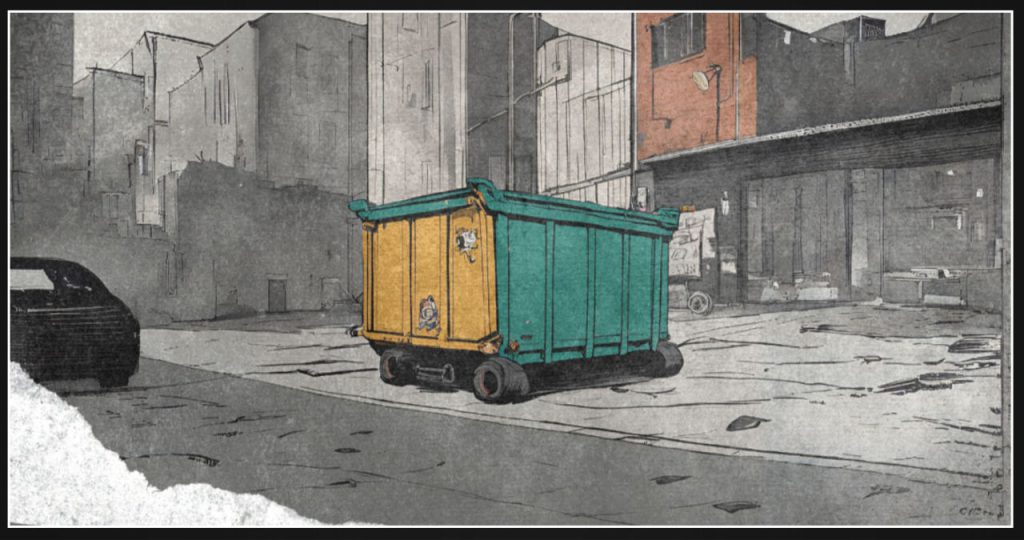After the removal of the landmark Supreme Court ruling, Roe v. Wade, and the implementation of an almost complete abortion ban in Texas, there have been reports of 18 instances where mothers have abandoned their newborns shortly after giving birth. These heartbreaking incidents have occurred mostly in trash receptacles and tragically, the outcomes have been fatal in almost every case.
Texas’s maternal healthcare system has gained notoriety for its significant shortcomings. According to the Commonwealth Fund, a prominent women’s health nonprofit, the state was ranked as the second-worst place to give birth in 2024. The state’s poor ranking can be attributed to a multitude of factors. These include the failure to expand Medicaid under the Affordable Care Act, leading to a high number of uninsured pregnant individuals. Additionally, the state’s rural healthcare infrastructure is in dire need of repair, and there is a shortage of reproductive health professionals due to a mass exodus following the state’s abortion ban. Moreover, Governor Greg Abbott’s recent crackdown on undocumented immigrants utilizing hospital services has further exacerbated the situation.
The spotlight is currently on the latter due to a recent incident of newborn abandonment in Houston during the summer. Thanks to the quick response of first responders, a baby that had been abandoned in a dumpster was rescued. The mother of the baby, identified as Everilda Cux-Ajtzalam, a teenager and a Guatemalan migrant, was arrested a few days later after her actions were captured on CCTV cameras in a parking lot. Cux-Ajtzalam, who was working alone in a food truck, left to give birth and later explained that she didn’t seek medical help due to her fear of deportation. She also revealed that she was pregnant as a result of a rape committed by a relative.
Houston used to experience around seven cases of newborn abandonments per year before the fall of Roe. However, since the loss of reproductive choice and the strict enforcement against undocumented immigrants seeking medical assistance, this number has nearly doubled.
According to Johns Hopkins University, Texas is experiencing a concerning increase in infant deaths, with a 12 percent rise across the state following the abortion ban. It’s not just abandonment that poses a threat; neglect, violence, and inadequate post-natal care also contribute to the growing number of newborn and infant fatalities.
In 1999, Texas became the pioneer in implementing “Baby Moses” laws, also known as safe haven laws. These laws provide legal protection for parents who wish to surrender their newborns, who are less than 60 days old, at designated locations such as fire stations or emergency services centers. The primary aim of these laws is to discourage the abandonment of infants in dumpsters or other unsafe places.
In practice, these laws have had mixed success at best. According to the National Safe Haven Alliance, approximately 4,000 children have been saved through the practice. However, there is a lack of systematic and scientific review of the data to support these claims. Additionally, these laws fail to address the challenges that individuals with limited resources face during pregnancy. Jamie Marsella, a contributor to the peer-reviewed medical history blog Nursing Clio, expressed this sentiment in 2023.
“These laws fail to address the underlying issues that lead to unwanted pregnancies and do not provide the necessary support or resources for victims of domestic violence or assault. Additionally, they do not guarantee access to contraception or abortion services for individuals who do not wish to be pregnant. The lack of comprehensive care is evident in the absence of medical assistance for pregnant individuals who cannot afford the costs associated with pregnancy or raising a child. Furthermore, there is a lack of resources for those who wish to parent their children but are hindered by factors such as limited resources, safety concerns, or employment instability. The emotional and psychological impact of infant surrender and adoption is also disregarded. Despite claiming to prioritize the child, these laws do not ensure that the children involved will grow up in a safe and nurturing environment.”
